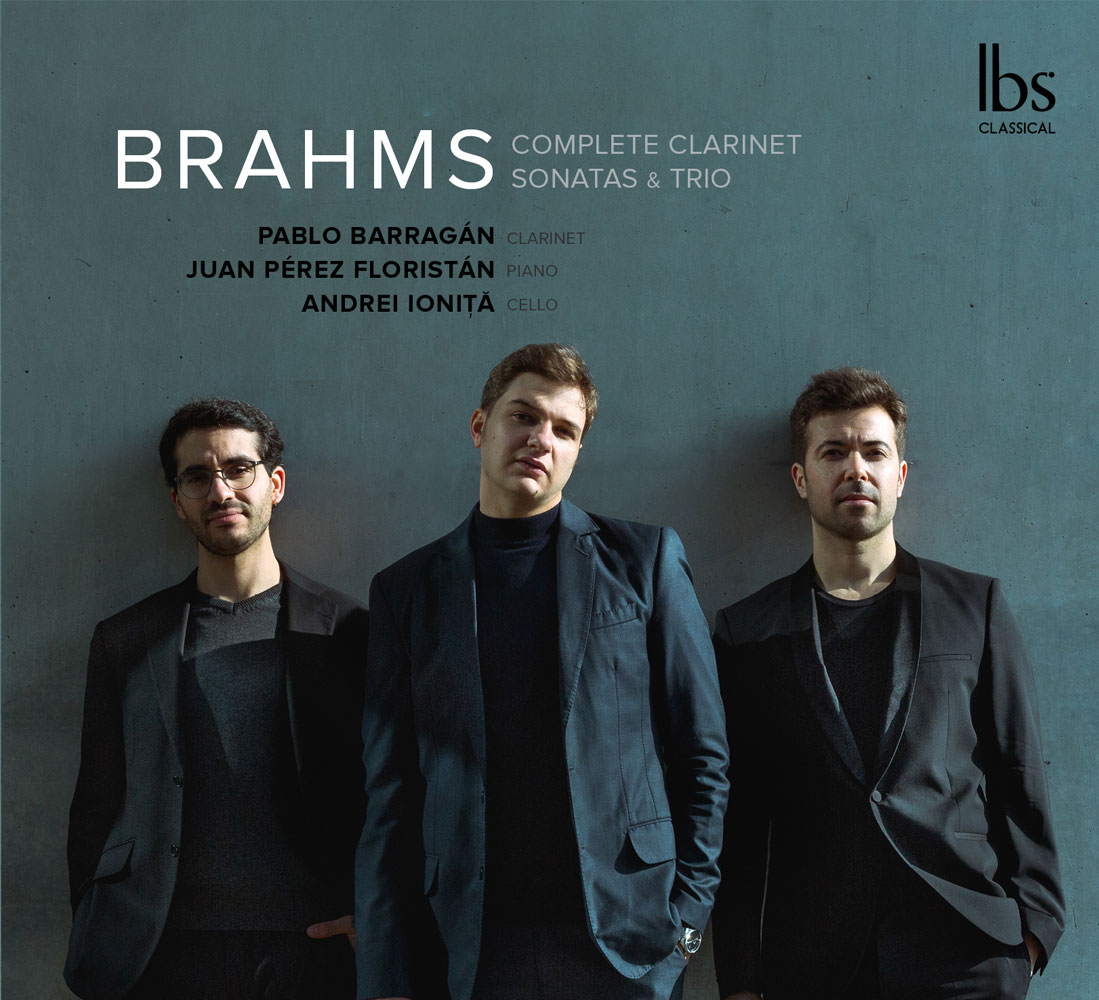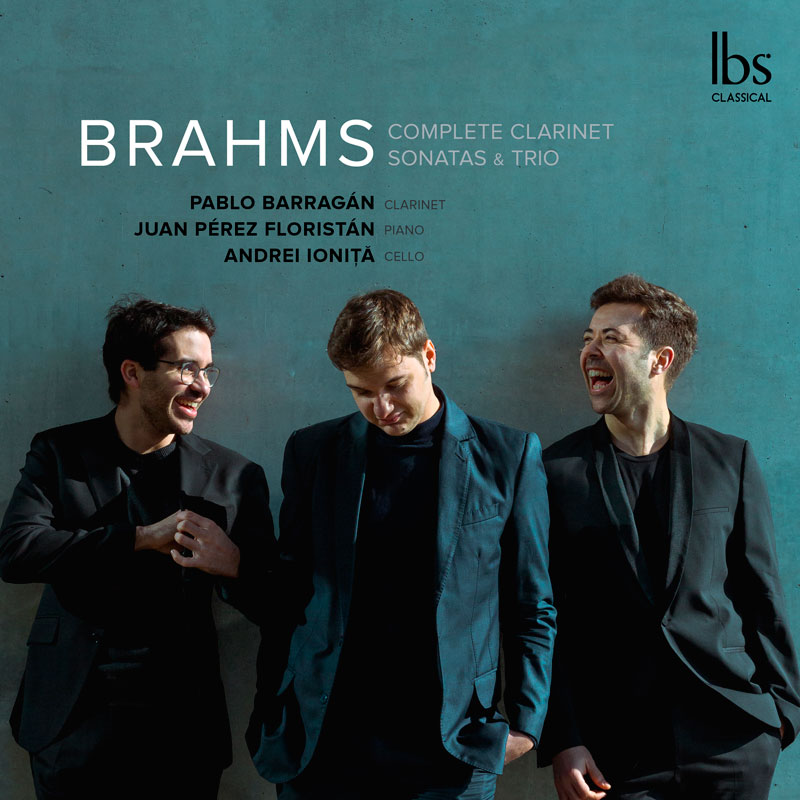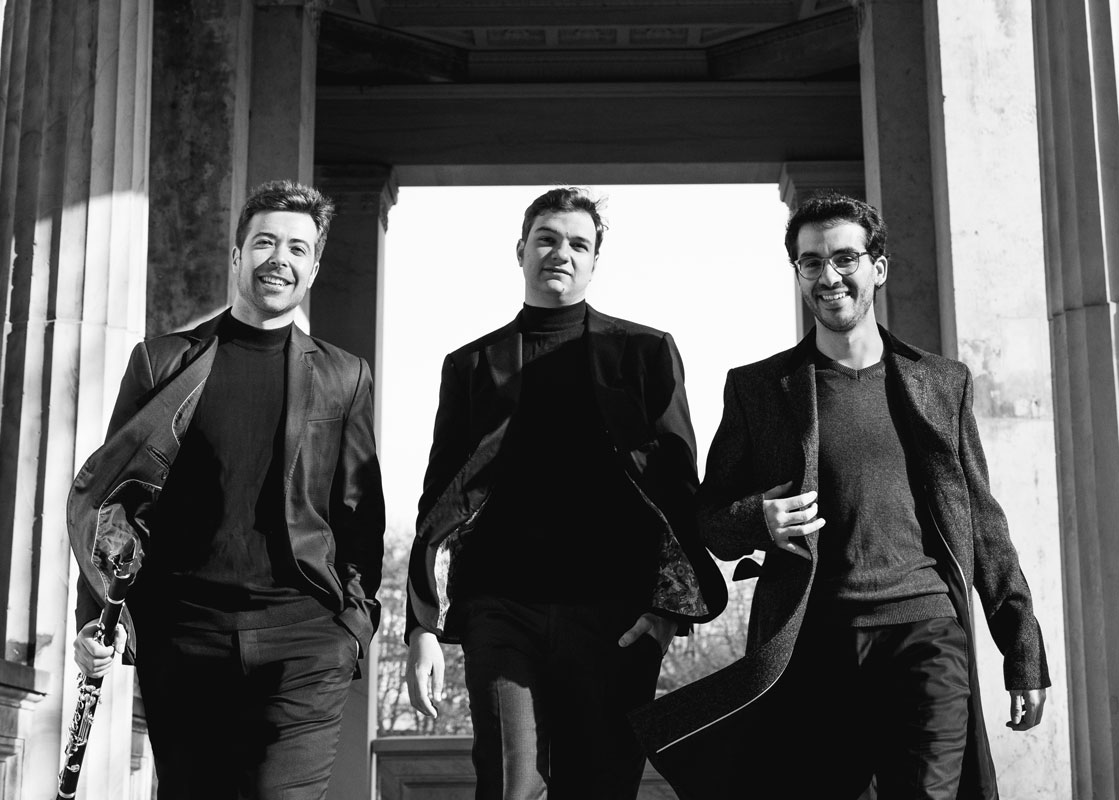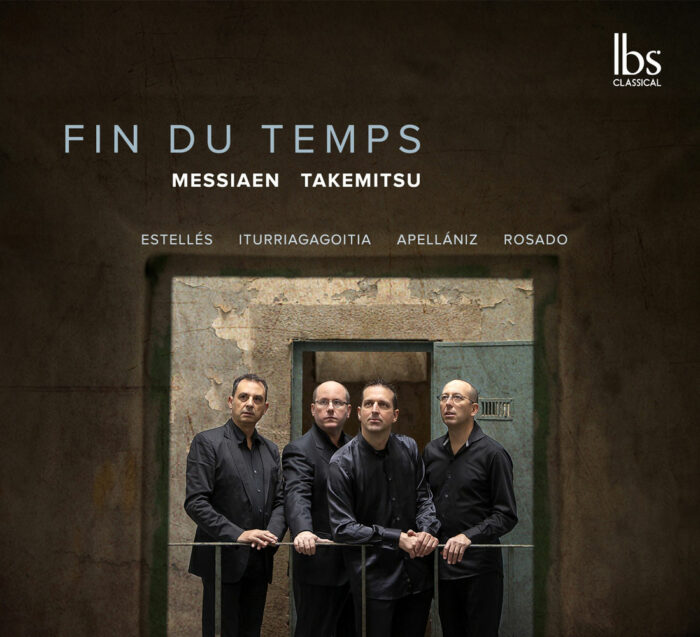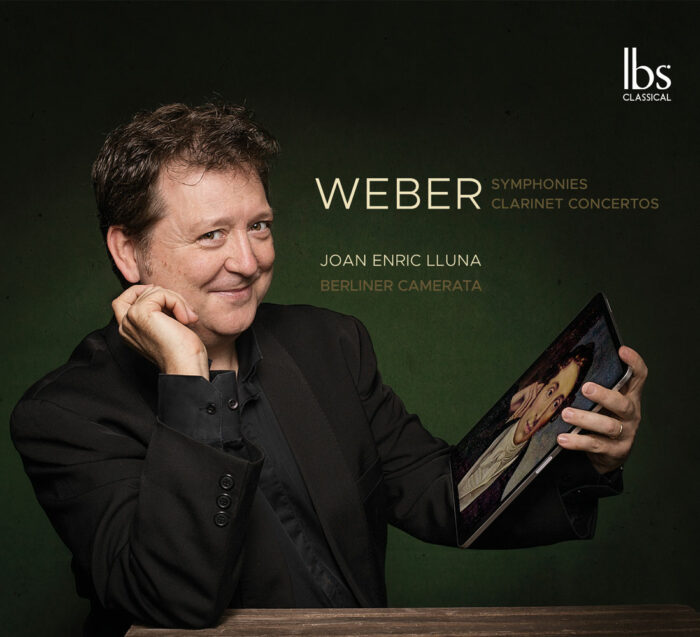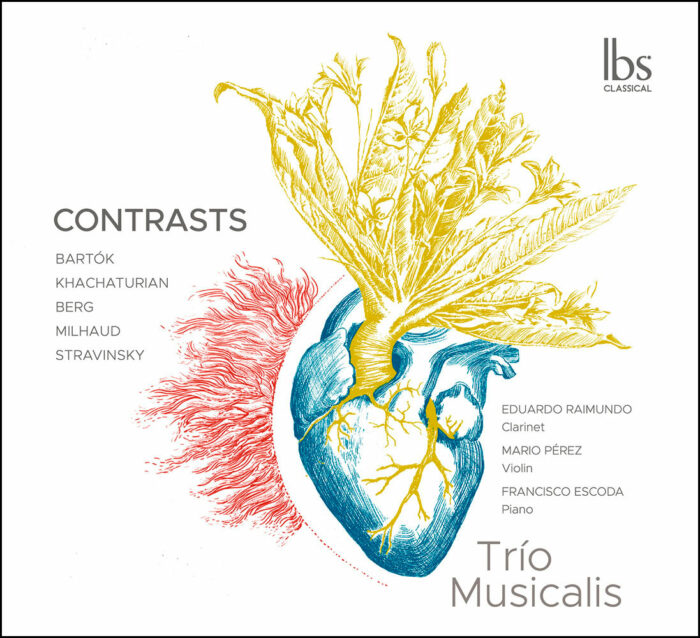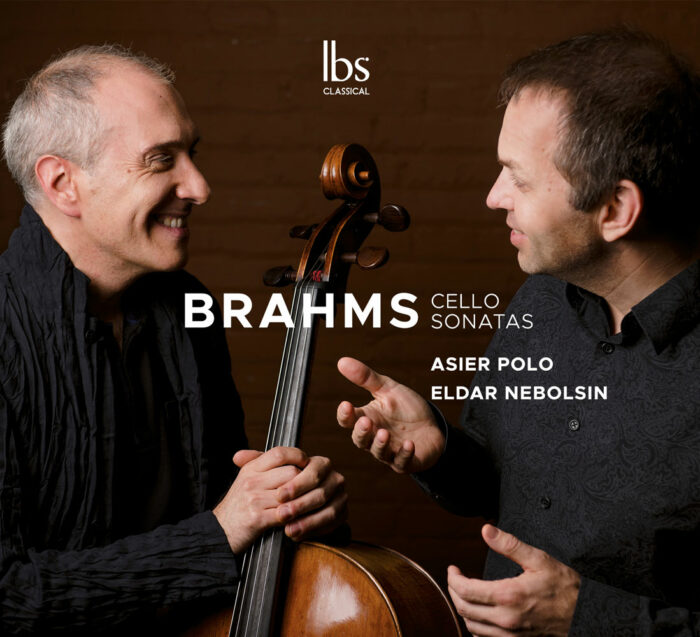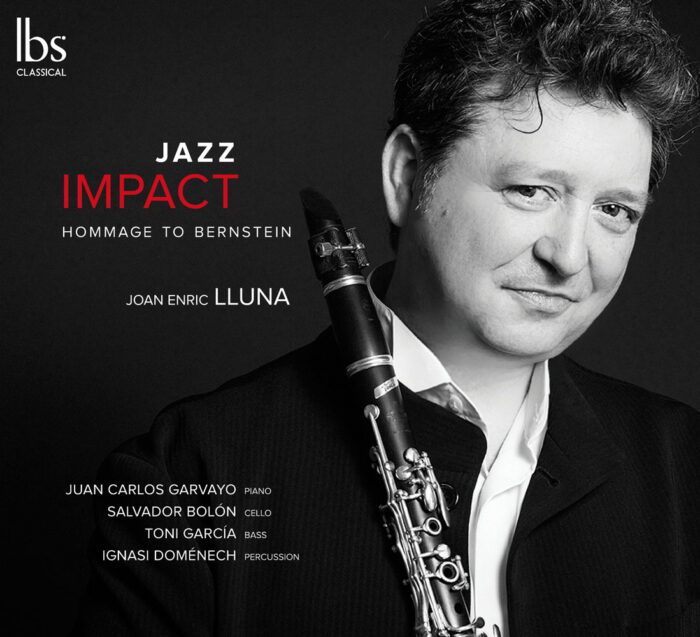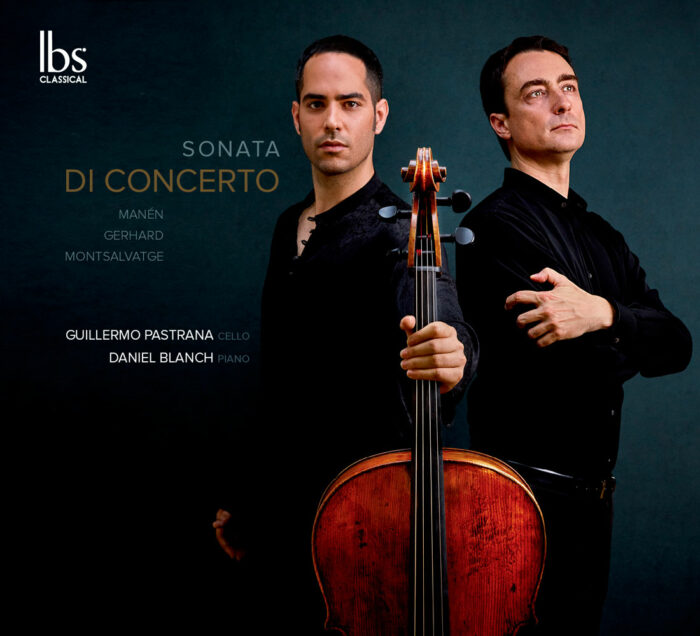Brahms Clarinet
14,95€
Brahms Clarinet Works
It is clear and undisputed that the Sonatas belong to the outstanding clarinet music-literature. Brahms succeeds in his two “Sister Sonatas” to show the full sonority of the woodwind instrument while treating the piano as an accompaniment, but equal chamber music partner. Clarinet and piano always stay together – in support and in dialogue. The composition in all of these works can be experienced as a contribution to any understanding of expression and inter-musical relationships: this becomes clear on an inter-musical level of the composition and on an inter-humane level of the interpreters. It is especially this aspect which makes Brahms still experienceable in performance and interpretable today. In this ‘performativity’, the works experience their raison d’être; and in their performance, the intimate dialogue of friendship becomes reality. What has been described as sweet and cooperative music-making as well as a deep sound of sensitivity by the clarinet in the sonatas can also be found in Brahms’ Trio a few years earlier. The composer took advantage of the understated partnership of violoncello, clarinet and piano and merged them into a trio in A- minor: “It’s as if the instruments loved each other”.
14,95€
The Artists
It is hard to find such a well-balanced and creative union between three artists, whose solo careers speak for themselves, but whose collaboration evoke the true essence of music-making. The most notable element perhaps, which brings Pablo Barragán (Marchena, 1987), Juan P. Floristán (Seville, 1993) and Andrei Ionita (Bucharest, 1994) together, is their common vision of the communicational power of chamber music, its capacity to inspire and transform and its importance for their professional and personal development. Sharing music has been the guideline throughout their lives and careers. In fact: it was during two chamber music festivals that the paths of the three musicians crossed (in Santander, Spain and Krzyzowa, Poland). There, they created a musical symbiosis which grew into a close friendship – for them, a substantial element for making music together. As the dramaturge Jenny K. Römmer expresses in her words to this programme, it is this attribute of friendship, which projects and carries the essence of Brahms´ music. Through friendship and mutual respect, Brahms found the inspiration to compose again. Three musicians at their full bloom, reaching fever pitch and finding themselves at a meaningful turning point. After winning three of the major international competitions such as Tchaikovsky International Competition 2015 (Andrei Ionita), Santander Piano Competition 2015 (Juan Pérez Floristán) and Prix Jeunes Solistes Credit Suisse 2013 (Pablo Barragán), they are now opening, little by little, the doors to some of the best festivals and concert halls in the world.
